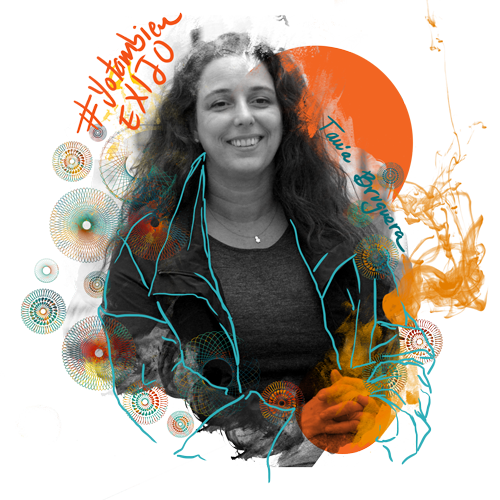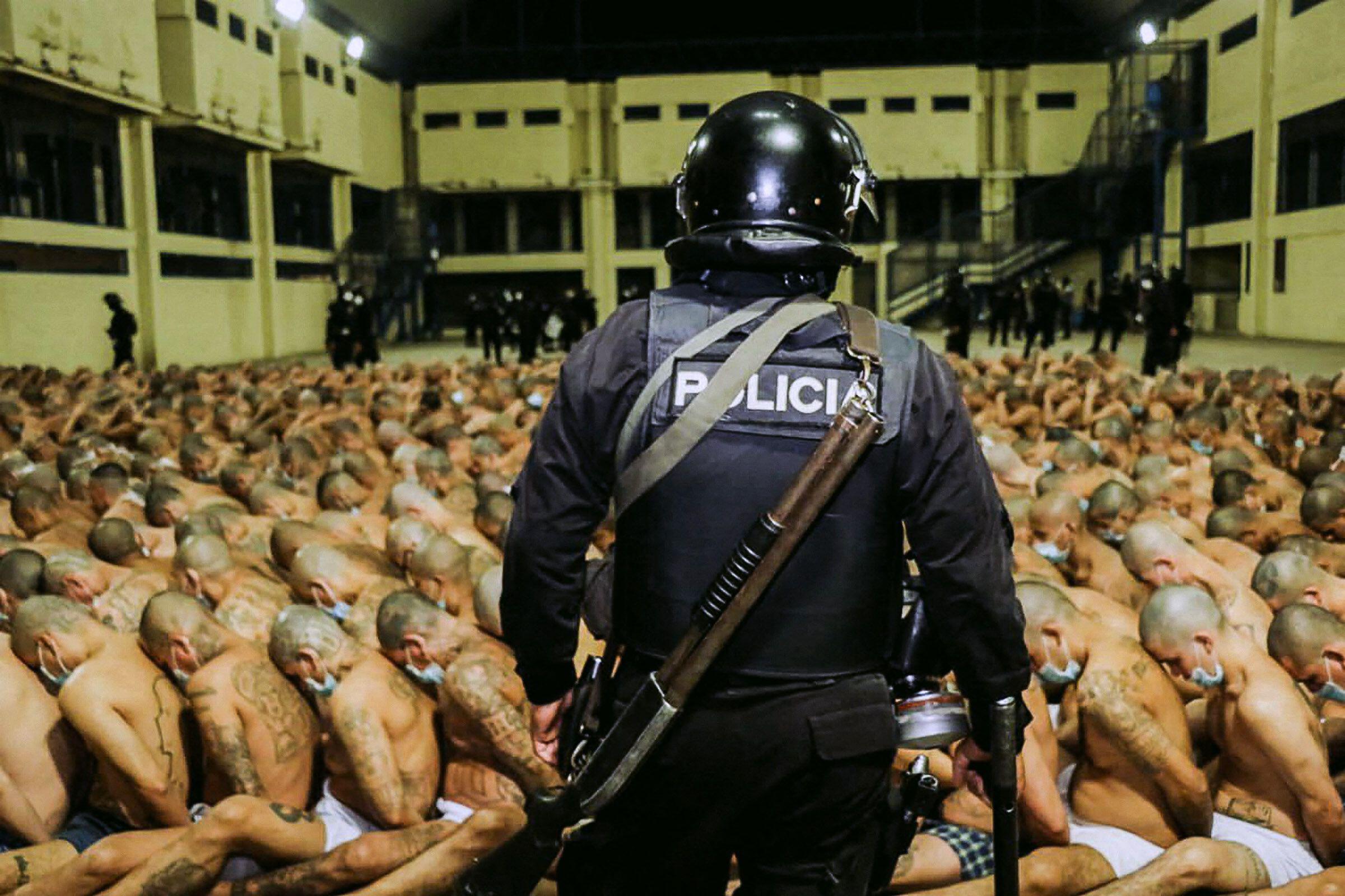From an artist who had barely used Facebook to the face of #YoTambienExijo, the international online movement for free speech – Tania Bruguera describes how the perfect coalescence of art, social media and politics allowed the world to see the real Cuba at a crucial time in the country’s history.
The beginnings of the #YoTambienExijo movement were born on 17 December 2014, when President Obama announcement a landmark warming of the 53-year chill between the United States and Cuba.
 |

|
“When I first heard about the Cuba-US reconciliation it had a great impact on me as an artist, but also as a Cuban citizen,” Tania Bruguera told Index. “I was glad about the decision, but at the same time a lot of questions came to my head. Who is going to define that different Cuba? Who is going to be in charge of creating that different Cuba?”
Writing an open letter addressed to Obama, the Pope and Cuban president Raúl Castro, Bruguera demanded for Cubans “the right to know what is being planned with our lives”, also demanding that Cuban citizens gain more from his political change than a place at the table of North American trade.
“Yo Tambien Exijo was one of the phrases in the letter – I also demand. I also demand to know. I demand as a Cuban.”
The sentiment resonated with many Cubans around the world, and after her sister Deborah Bruguera created the Facebook page, #YoTambienExijo, the site quickly attracted thousands of followers.
In the final part of her letter, Bruguera called for Castro to hand over the microphone to the people of Cuba – a reference to a performance piece of Bruguera’s which gives any audience member one minute of unhindered free speech. The idea captured the imagination of #YoTambienExijo’s online audience, who asked Bruguera to stage the performance at the Havana Biennial, an art fair taking place in Cuba’s capital that month.
But arriving in the country days later, Bruguera found her words had not been met with the same level of support by the Cuba government. “I was pretty naïve,” says Bruguera. “When I entered the country, I start behaving as if human rights were being respected. And that clashed with reality.”
A smear campaign was launched against Bruguera, with government-sponsored blogs characterizing the artist as a provocateur acting under the influence of foreign pressure, and even labeling her as a drug smuggler. It’s not uncommon for the Cuban government to attempt to undermine dissenting voices as CIA or right wing, the artist says: “I think one good thing is I’ve worked for 20 years. So people know who I am. Sometime when you are dissident or you are an activist just starting working, in Cuba they are very good at putting in people’s mind the image of that person they want for the rest of the people.”
But in spite of continued pressure from government officials to cancel the performance, Bruguera refused. “I always say I have no money, I have nothing. I have only my word. So I have to defend that. In this case I gave my word to the 12,000 people who were waiting for this.”
Organising collective action is difficult in Cuba, where low internet connectivity and high levels of state security tend to impede any political protest. So the #YoTambienExijo team put out an online plea for Cubans around the world to call their families and tell them about the performance – which many did.
On the day of the performance Bruguera was arrested, along with several dissidents who had expressed solidarity with Bruguera’s project. But the attempt to stop the performance failed; news of the #YoTambienExijo page and the performance had already spread to Cuban people.
Imprisoned for the whole performance (she was subsequently released and then rearrested twice), Bruguera only learnt later of the arrests of several audience members. As these events unfolded, reporting from the #YoTambienExijo team spread online, gathering international support for Bruguera, and after 14 prominent artists wrote a letter to The Guardian condemning Bruguera’s arrest, the hashtag #FreeTaniaBruguera soon began trending, and another online letter began circulating. “In 24 hours, more than 3,000 people from the international art world signed, including directors from MoMa and the Tate.” Bruguera refused to allow her own release until all audience members were freed along with her. The mounting pressure from the global community meant that, eventually, the every person arrested in connection with the performance was released.
These events were an important wake-up call, Bruguera believes. “Cuba was trying to sell itself to the world as the next opportunity for business, and as a good person, as a victim for 50 years. This unveiled the truth.” In reality, Cuban government’s control over media public discussion and the arts has been absolute for over five decades.
But what happened also showed Bruguera a way forward for Cuba. “It was for me a very difficult experience – the most difficult I have ever had in my life. But it really put us in a way that we are all together, and we understood that we can make a change in Cuba. Because we were able to mobilize not only that many Cubans, but we were able to mobilize also a big group of international artists.”
The international reaction to Bruguera’s story turned #YoTambienExijo into a movement capturing more than just the Cuban experience. Around the world performances were staged in solidarity, with arts organisations including Creative Time in New York, the Hammer Museum in Los Angeles, Netherlands’ Van Abbe Museum, and the Tate Modern, all giving audiences one minute of free speech. It also became a form of protest in countries around the world where citizens and artists face censorship.
“It became Cuba focused and then it became more about totalitarianism in the world in general,” said Bruguera. “And it became also about the role of an artist who wants to deal with political issues in contemporary art.”
Last year Bruguera was shortlisted for the Hugo Boss prize and named one of Foreign Policy’s Global thinkers of 2015. She is now planning to return to Cuba to set up a space in Havana, the Hannah Arendt International Institute of Art and Artivism, a place for the Cuban people to advance their freedom of expression.





